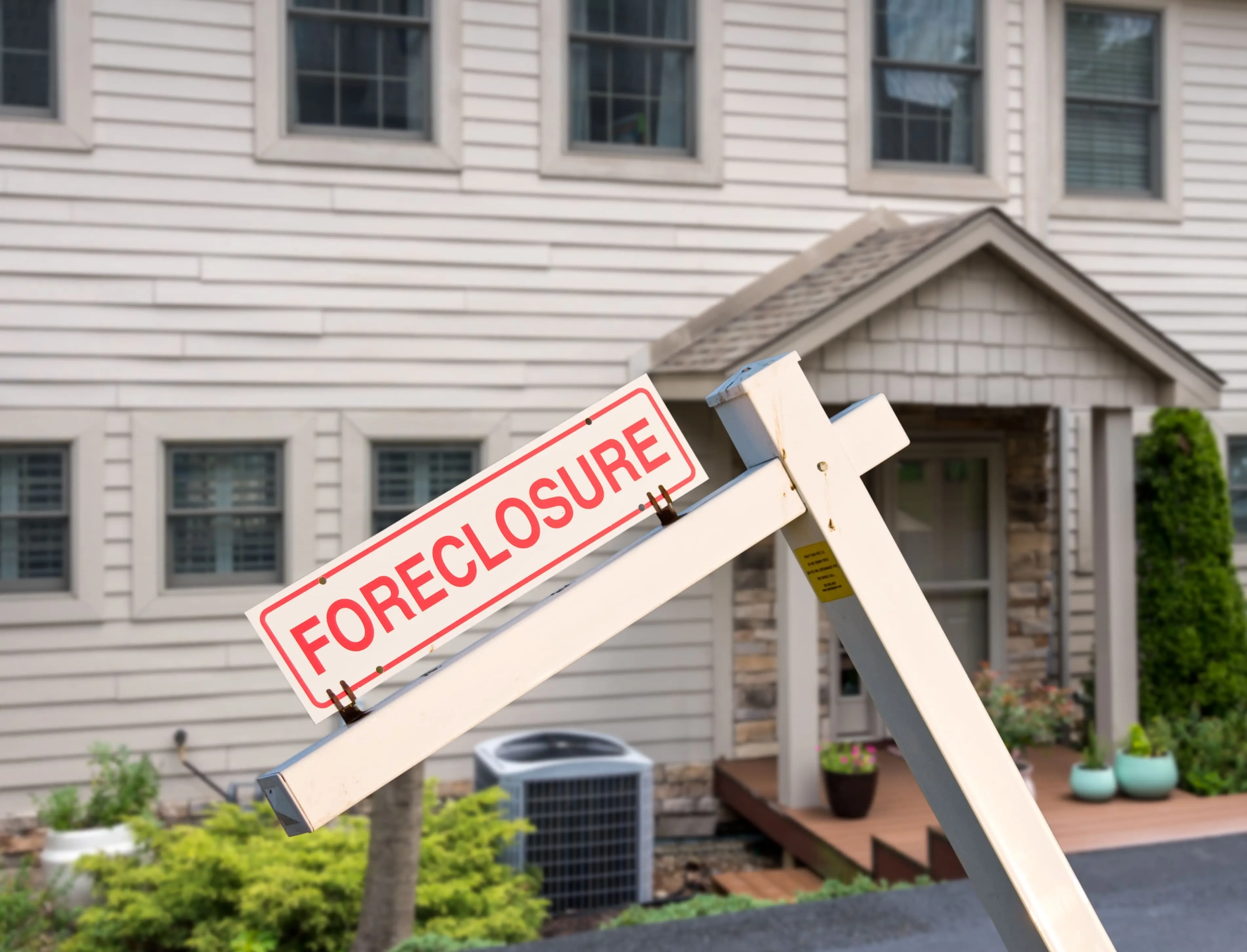Why You Should Think Twice: The Risks of Buying Foreclosed Properties

When it comes to property investment, foreclosed properties often present an attractive proposition. The allure of acquiring properties at discounted rates can be quite enticing.
However, beneath the surface, purchasing foreclosed properties in the Philippines can be riddled with risks and complications. This comprehensive guide delves into why you should be cautious and think twice before taking the plunge into this aspect of the real estate market.
RELATED: Alternative Housing Options in the Philippines: Tiny Homes, Container Houses, and Prefab Houses
Understanding Foreclosed Properties
What are Foreclosed Properties?
Foreclosed properties are real estate properties that have been seized by lenders – usually banks – when the borrower fails to meet the mortgage payments. These properties are then sold at auction to recover the outstanding debt.
The Foreclosure Process in the Philippines
In the Philippines, the foreclosure process is initiated when a borrower defaults on a loan. The lender files for foreclosure, and if the borrower cannot pay within the grace period, the property is auctioned off to the highest bidder.
The Allure of Foreclosed Properties
Foreclosed properties in the Philippines often come with a lower price tag compared to other properties in the market. This is because banks are keen to recoup their money as quickly as possible, and thus, they price these properties attractively to stimulate quick sales.

Potential Pitfalls When Buying Foreclosed Properties
Hidden Costs and Fees
While the upfront price of foreclosed properties can seem alluring, buyers often overlook the potential hidden costs involved. These can include unpaid taxes, utility bills, homeowner association dues, and even renovation costs.
Legal Complications
In some cases, previous owners or tenants may still be occupying the property. Evicting them can be a lengthy and costly process. Moreover, there might be legal disputes or claims on the property that were not resolved before the foreclosure.
Property Conditions and Maintenance Issues
Foreclosed properties are often poorly maintained since the previous owner, facing financial difficulties, and likely neglected upkeep. Significant repairs or renovations may be required, adding to the total investment cost.
Problems with Location
The location of a foreclosed property might pose challenges. It could be in an undesirable neighborhood or an area with poor infrastructure and facilities, which could affect the property’s potential for resale or rental in the future.
Exploring Real-Life Stories: Case Studies
Case Study: Unexpected Renovation Costs
Meet Juan, a savvy investor who thought he had hit the jackpot with a foreclosed property in Manila. He was blindsided by the high renovation costs that eventually surpassed his initial investment.
Case Study: Tied up in Litigation
Maria, another investor, found herself embroiled in a protracted legal battle over the ownership of her newly acquired foreclosed property. Her investment became more of a liability than an asset.
Case Study: Location Nightmare
Pedro, lured by the low price of a foreclosed property, didn’t factor in the property’s isolated location. He struggled to find tenants, and the property remained vacant, yielding no returns.
The Role of Due Diligence
Importance of Conducting Thorough Research
Due diligence is paramount when considering the purchase of a foreclosed property. It involves a comprehensive appraisal of the property to avoid any unwelcome surprises down the line.
Key Areas to Investigate
Prospective buyers should scrutinize the property’s legal status, physical condition, potential liabilities (like unpaid taxes or dues), and location. Hiring a professional for a property inspection is also advisable.
How to Conduct Effective Due Diligence
Effective due diligence involves verifying all documents related to the property, inspecting the property personally, assessing the location, and understanding the potential costs involved. Engaging the services of a lawyer or a real estate professional can be beneficial.
The Philippine Property Market
Current Trends and Overview
The Philippine property market has witnessed substantial growth over the past few years. However, as with any market, it is also prone to cyclical fluctuations. Understanding these trends can help in making an informed decision.
Understanding the Risks in the Market
The property market isn’t immune to risks. From volatile prices to changing regulations and economic uncertainties, investors need to be mindful of these risks.
Alternative Investment Opportunities
For those wary of the potential pitfalls of foreclosed properties, there are other avenues to explore. These could include investing in new developments, REITs (Real Estate Investment Trusts), or rental properties.

Getting Professional Advice
The Role of a Real Estate Agent
A real estate agent can provide valuable insights into the property market and assist in identifying potential properties that meet your investment criteria. They can also guide you through the buying process.
Working with a Legal Counsel
Legal counsel can help in navigating the complex legal landscape surrounding foreclosed properties. They can review contracts, verify property documents, and guide you through any legal implications.
Financial Advisers and Their Input
A financial adviser can help you assess whether investing in a foreclosed property aligns with your financial goals and risk tolerance. They can also help you understand the potential costs involved.
Weighing the Pros and Cons
Is Buying a Foreclosed Property Worth it?
While the discounted price of foreclosed properties in the Philippines can seem attractive, the potential risks and hidden costs can often outweigh the benefits. It’s crucial to weigh the pros and cons carefully before making a decision.
Alternatives to Consider
If the risks of buying foreclosed properties seem daunting, there are other investment opportunities to consider. These can range from buying new properties, investing in real estate stocks, or even exploring the rental market.
Moving Forward with Caution
If you still decide to venture into buying foreclosed properties, proceed with caution. Conduct thorough due diligence, engage professionals, and be prepared for potential challenges.
In conclusion, while buying foreclosed properties in the Philippines might seem an attractive opportunity, the potential pitfalls are many. It’s crucial to approach such investments with caution, armed with thorough research and professional advice.
Frequently Asked Questions
What is a foreclosed property?
A foreclosed property is a property that has been repossessed by the lender due to the borrower’s failure to meet the mortgage payments.
Why are foreclosed properties cheaper?
Foreclosed properties are usually priced lower because banks aim to recover their money quickly and will price these properties to encourage rapid sales.
What are the risks of buying foreclosed properties in the Philippines?
The risks include hidden costs, legal complications, poor property conditions, and issues with the property’s location.
What is due diligence and why is it important?
Due diligence involves a comprehensive appraisal of the property to understand its condition, verify its legal status, and assess potential costs. It helps buyers avoid unwelcome surprises.
What are alternatives to buying foreclosed properties?
Alternatives can include investing in new developments, real estate stocks, REITs, or rental properties.
How can professionals help in the process of buying a foreclosed property?
Professionals like real estate agents, legal counsels, and financial advisers can provide valuable advice, guide you through the process, and help mitigate potential risks.
Read more here: AllProperties Latest Blogs




